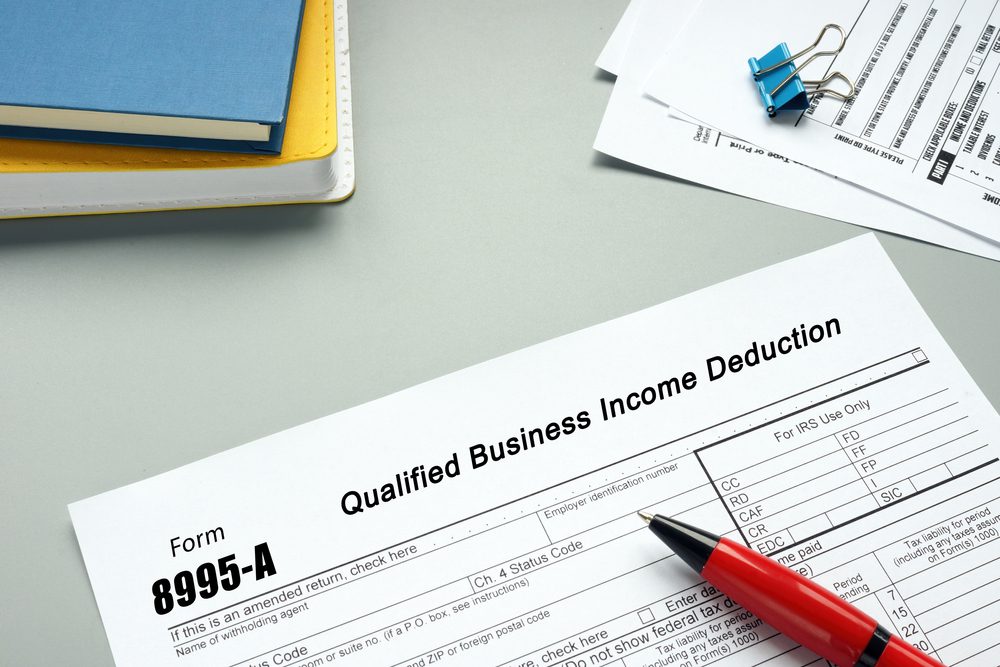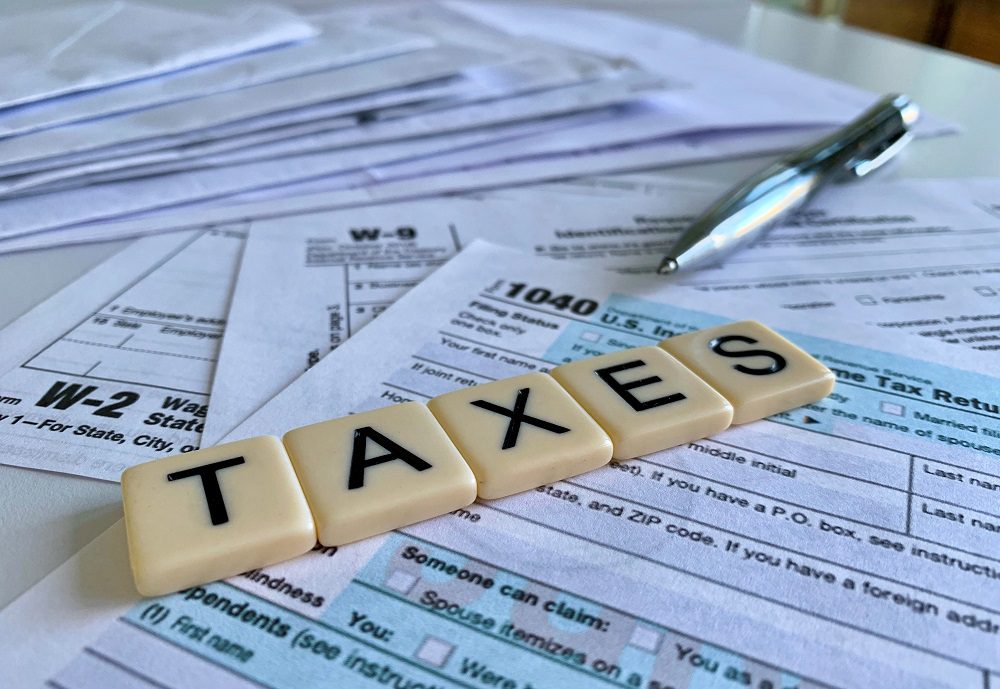As a self-employed person, you must handle your own taxes, or you can hire an accountant to take care of them for you. In any case, keep in mind that there are many self-employment tax deductions that can actually lower your tax bill. Don’t worry if you don’t know all of them, we’re here to fix that!
Don’t forget that while many things can be included in the business expenses category and qualify as self-employed tax write-offs, not everything can. This being said, it must be an actual and necessary business expense. But before we start discussing taxes, we think it’s important to go over a few details related to self-employment qualified expenses.
A business expense, according to the IRS, has to be both “necessary and ordinary”. But what exactly does that mean?
An expense is considered ordinary only if it’s part of the routine of the industry and the business needs it to function properly. Similarly, necessary expenses are appropriate and helpful costs for your business. For instance, if you’re a caterer, cooking equipment, your kitchen rental space, and travel expenses could all be deducted.
There are many things that can count as tax deductions for self-employed folks. Check out the IRS website for further information about what is and isn’t considered a business expense. From there, you can get full details on actual services and products that are deductible, as well as the rules for obtaining the deduction, and the maximum tax refund you can claim.
Although the IRS website provides all the details you need to know, so much information can be a bit overwhelming. That’s why we’ve made a short version of it choosing 10 tax deductions you can benefit from if you’re self-employed.

1. Qualified Business Income
One of the most profitable tax deductions you can benefit from as a self-employed person is the qualified business income deduction, formally known as the QBI deduction. It qualifies owners of certain pass-through businesses, like partnerships, S corporations and sole proprietorships, to deduct up to 20% of their business income.
This is a relatively new concept and not every business owner knows about it. As you might expect, there are income limits on who’s eligible for this tax deduction. Only those who have a taxable income of $170,050 or less in 2022 can qualify, while the 2022 threshold level for married couples filing jointly is $340,100.
2. Vehicle and Mileage Expenses
Self-employed folks can either claim a standard mileage deduction or deduct the costs of using a car for business purposes. The current mileage rate for businesses is 62.5 cents per mile (it was increased by 4 cents as of July 1st, 2022 due to the rising fuel prices).
According to certified public accountants, it’s quite easy to benefit from these tax deductions if you keep records and receipts.
However, if the IRS audits you, the auditors will want to examine actual expenses receipts or a travel log, which should show some important details such as the date, miles driven, destination, purpose of each trip, and odometer readings. You can either record trip information in a notebook or use a mileage app.
3. Retirement Savings
Don’t underestimate the value of a tax deduction for retirement savings. According to certified public accountants, every self-employed person should have a solo 401(k) or SEP IRA. Unluckily, there are many self-employed folks who don’t have a retirement savings plan.
In 2022, all workers under the age of 50 can deduct as much as $6,000 in traditional IRA contributions. For workers over the age of 50, up to $7,000 is deductible. Self-employed people can also use a SEP IRA which allows them to both contribute and deduct up to 25% of their net incomes, up to $61,000 for the 2022 tax year.
The IRA contribution limits apply to the total amount parked in both traditional and Roth accounts. Remember that contributions made to Roth accounts aren’t tax-deductible, but earnings are tax-free when withdrawn in retirement.
4. Insurance Premiums
When you own a small business, you’re often the one who pays for your health insurance. If you don’t qualify to participate in your spouse’s employer benefits and are paying it from your own pocket, you can deduct the premiums.
This tax deduction covers medical, vision, and dental premiums. You can also deduct other medical-related expenses such as acupuncture treatments, nonprescription medications, and glasses. These write-offs also apply if you cover your spouse, children younger than 27 (even if they aren’t listed as dependents on your tax return), and any other dependents.
In addition, self-employed people can also deduct long-term care insurance premiums.

5. Office Supplies
Whether you work in a commercial space or a home office, you can write off all kinds of supplies used in operating your business. This includes ink, paper, printers, pens, computers, and other work-related software. All of that stuff is tax-deductible provided you’re using it for business purposes.
While its name makes you think about a place with desks, computers, printers, and so on, this office supplies tax deduction covers other sorts of supplies as well. For instance, tax deductions for hairstylists could include the cost of renting the salon and the styling products. Or, if you’re a construction contractor, it could include the cost of materials like glue and paint and any other standard work tools.
6. Home Office Expenses
This tax deduction tends to be misunderstood. An office must be a space that is used exclusively and regularly for business purposes. This means that a desk or kitchen counter in a family room won’t qualify.
But if you meet the requirement mentioned above and have a home office setup, you can write off a part of your home expenses, such as mortgage interest, insurance premiums, utilities, and real estate taxes.
For those self-employed taxpayers who don’t want to keep track of their expenses, a simplified deduction is also available. It provides a $5 per square foot deduction, for as much as 300 square feet. While the simplified deduction is easier to claim, it may result in a lower deduction.
7. Continuing Education
Accountants, physicians, and attorneys are just a few examples of professions that may need to get continuing education in order to maintain a license or industry credential. Other self-employed taxpayers may take classes to develop their skill set.
Let’s say you’ve applied for a continuing education program to improve your professional skills or have decided to attend training to maintain your license and skills. In that circumstance, if you’re self-employed, you qualify for an education tax deduction. For example, lawyers can write off the cost of attending those classes required by their state’s bar association to renew their law license.
While some education expenses may qualify for this lifetime learning deduction, writing them off as a business expense may be a better idea (financially at least). As a result, the deduction reduces both income taxes and self-employment taxes.
8. Self-Employment Tax
Self-employment taxes can be a surprise to folks who are filling and paying business taxes for the first time. That’s because many self-employed individuals don’t realize when they first start their businesses that the self-employment tax is twice as high as the employment taxes for traditional workers.
This is due to the fact that self-employed folks must pay both the employee and the employer side of Social Security and Medicare taxes. That would be a self-employment tax rate of 15.3%.
Luckily, you can deduct half of your self-employment taxes. While this tax deduction won’t reduce the amount of self-employment tax owing, it may help reduce income taxes.

9. Business Meals
The Tax Cuts and Jobs Act of 2017 cut business tax deductions for entertainment expenses, yet business meals are still deductible. Whether you’re meeting with a potential client, attending a conference, or traveling for business, you can write off meals.
Back in the day, the tax deduction was 50%. However, the IRS came up with a temporary exemption allowing a 100% deduction for food and beverages provided that the bill was incurred or paid in the tax year 2021, which means it will be available until December 31st, 2022.
To make sure there are no doubts regarding the legitimacy of these expenses, make notes on receipts of who you met and what was discussed.
10. Startup Costs
Before starting or buying a business, you will most likely carry out a long process of research and analysis. The money you spend conducting market research, developing your product, finding an office space, advertising your business launch, and everything else related to investigating, launching, or buying a business is often deductible. Your tax lawyer or accountant may refer to these as “investigation” fees.
Luckily, the IRS allows you to deduct up to $5,000 in startup costs. However, if your total startup expenses exceed $50,000, the tax deduction may be reduced.
In case your business or startup fails, you won’t be able to deduct preliminary costs, which are basically costs for doing a preliminary investigation, or general research.
Can’t pay your taxes? Experts Shared 3 Solutions for You!









